
‘GITEX 2013 : Partnerships are ‘vital in telecom industry
ICTPRESS Report: GITEX TECHNOLOGY WEEK 2013

Image Credit: Zarina Fernandes/ Gulfnews
Visitors during the second day at the Gitex Technology week 2013
Telecom industry experts urged that partnerships are vital to improve affordability and improve customer experience.
“We need collaborations and partnerships not only within the industry itself but also with over-the-top (OTT) players apart from governments and regulators,” said Dr Nasser Marafih, Chief Executive Officer of the Ooredoo Group.
He said opportunities will arise by OTT players working together to address common challenges as the regional markets are experiencing robust growth.
“Operators have the ability to empower society and create significant value within economies like never before. ICT will become enabler of everything and everywhere,” Ahmad Abdul Karim Julfar, Etisalat Group’s Chief Executive Officer, said.
He said mobile created 1.2 million jobs and $132 billion to the economies of the Arab states, or approximately 5.5 per cent of total GDP in 2011.
In 2015, Julfar said that mobile broadband revenues will exceed fixed line and 24 billion machine-to-machine connections by 2020, out of which 65 per cent will be smart buildings.
“Mobile health and ehealth will be the next growth areas for the telecom operators,” he said.
He said that SMEs have been underserved for many years in the region and there is huge room for growth.
According to GSMA Intelligence data, there were almost 100 million mobile connections spread across the Gulf States at the end of third quarter. Mobile broadband accounted for 54 per cent of the total.
Mobile broadband penetration (as a percentage of total connections) in the Gulf is now almost double the global average and on a par with regions such as Western Europe.
GSMA is an association of mobile operators and related companies devoted to supporting the standardising, deployment and promotion of the GSM mobile telephone system.
The total number of mobile SIM connections is more than twice the region’s total population, suggesting high levels of multiple device and SIM ownership. The number of unique individuals subscribed to a mobile service is calculated at 35 million, accounting for about three quarters of the population.
Average revenue per user (ARPU) in the GCC, as measured by connections, is $23, almost double the $12 global average.
Marafih said that mobile operators are under pressure from the governments and telecom regulators. Regulators are imposing more licence fees and it is increasingly important as OTT is gaining traction in the region.
So, he said that regulators need to understand that they should have reasonable fees for spectrum. Many operators forced to transfer these fees to the customers. Governments also charge huge tax on telecom operators.
“Concerted partnerships and connections are what operators need to invest in the future,” he said.
“Operators have the ability to empower society and create significant value within economies like never before. ICT will become enabler of everything and everywhere,” said Julfar.
According to Anne Bouverot, director general of GSMA, two of the biggest priorities in the Middle East for the mobile industry lie in increasing the availability of spectrum and providing a stable regulatory environment.
She said governments in the region need to deliver adequate spectrum. The release of additional spectrum is likely to raise the Arab states GDP by $108 billion between 2015 and 2025.
As the availability of mobile broadband continues to fuel rising data usage, local operators will require additional spectrum to support growth. Very few of the 4G launches in the region to date have been able to use the valuable sub-1GHz portion of the spectrum known as the ‘digital dividend,’ though many local governments have been pro-actively promoting the switch from analogue to digital broadcasting that frees up this spectrum for use by mobile operators.











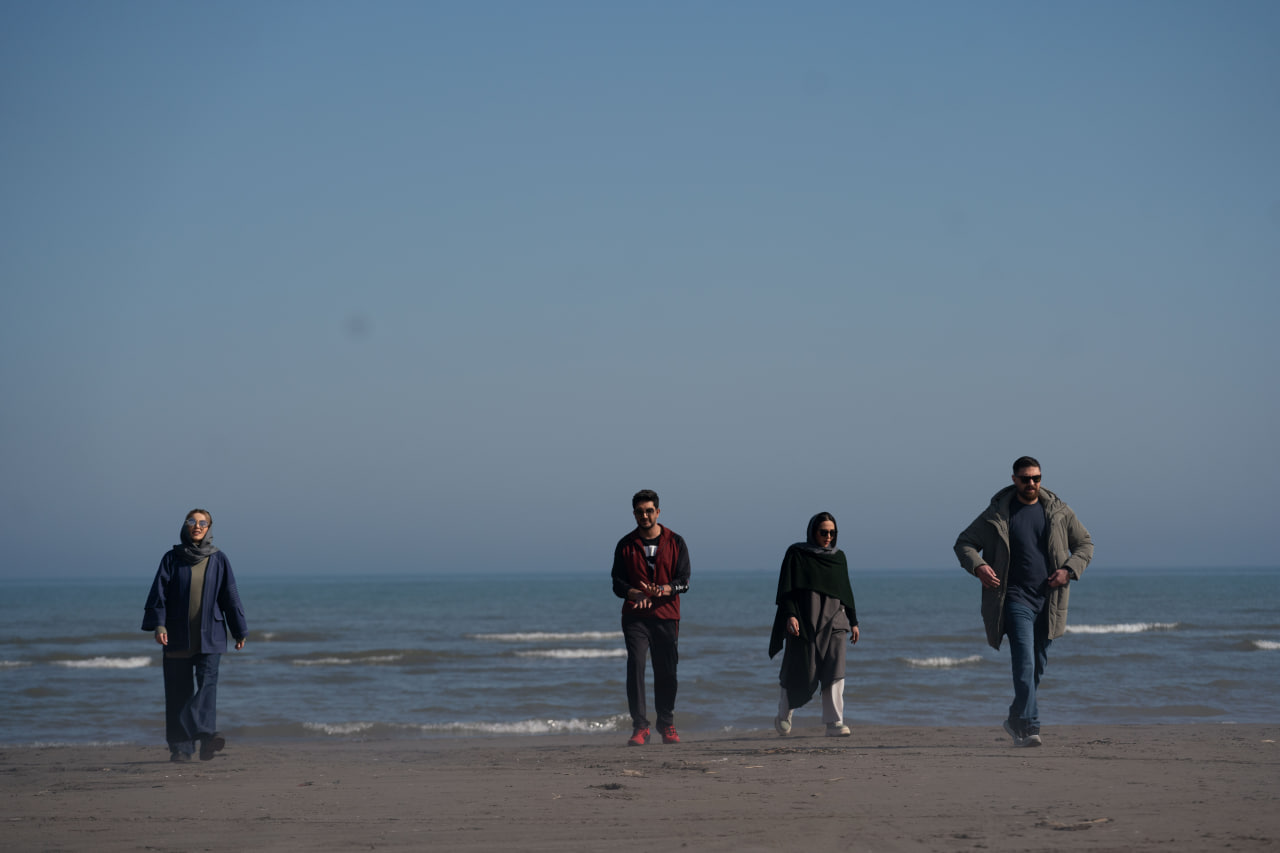
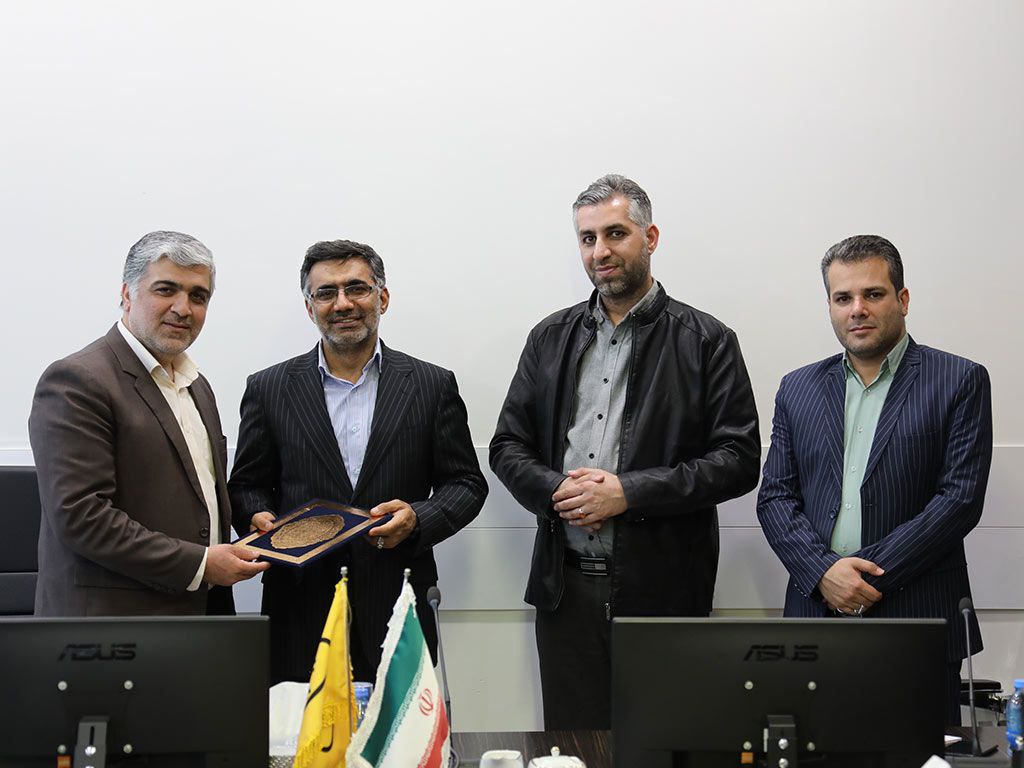
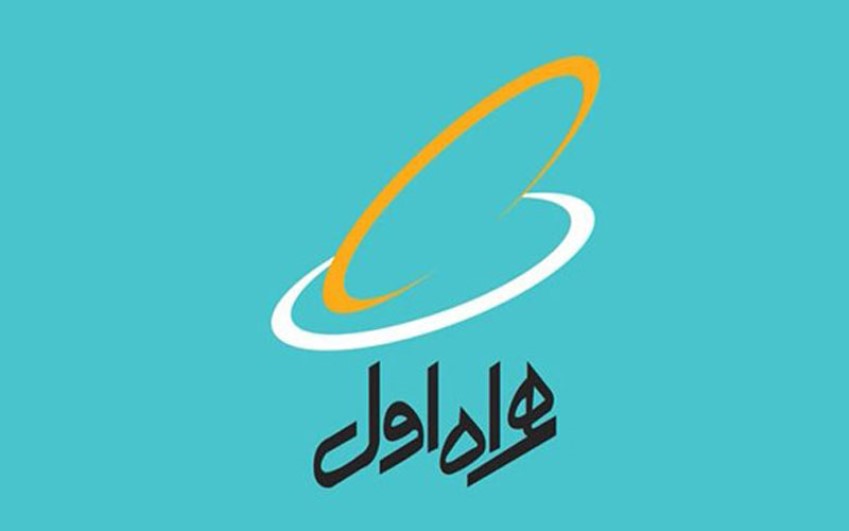
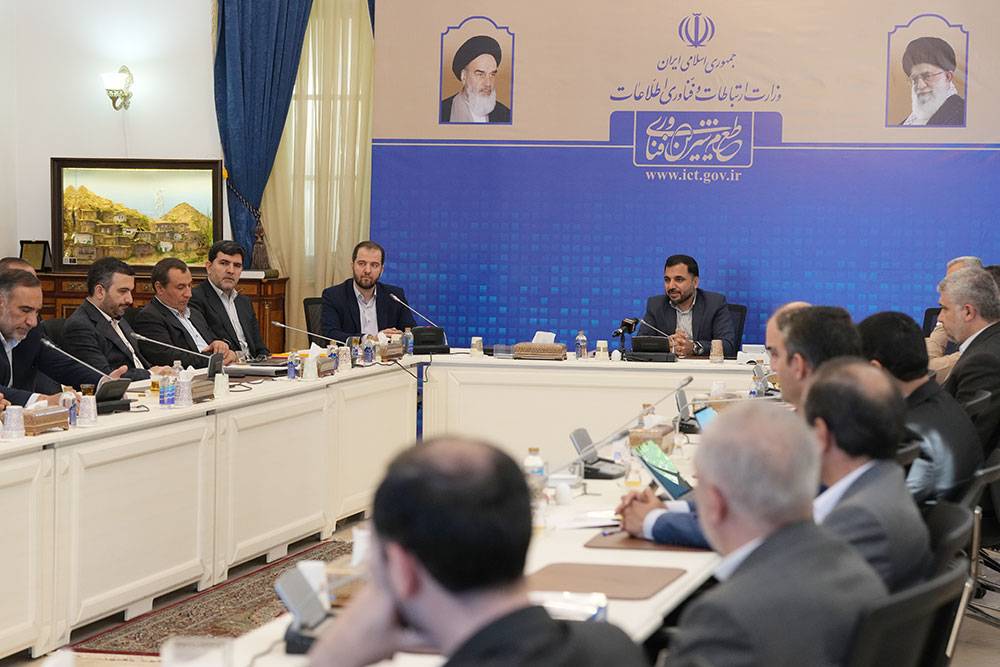
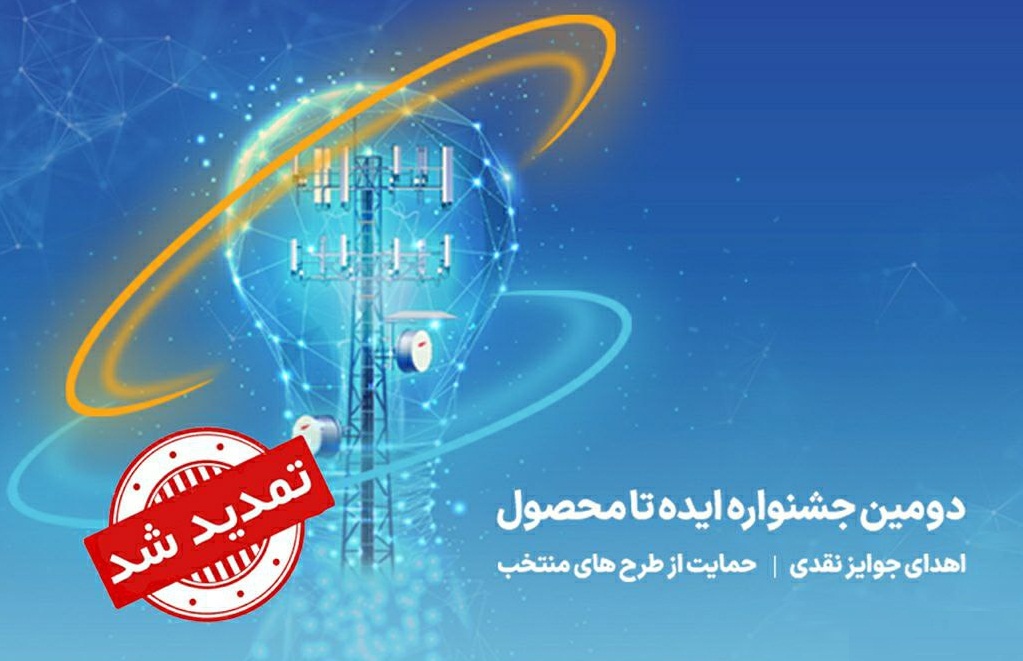




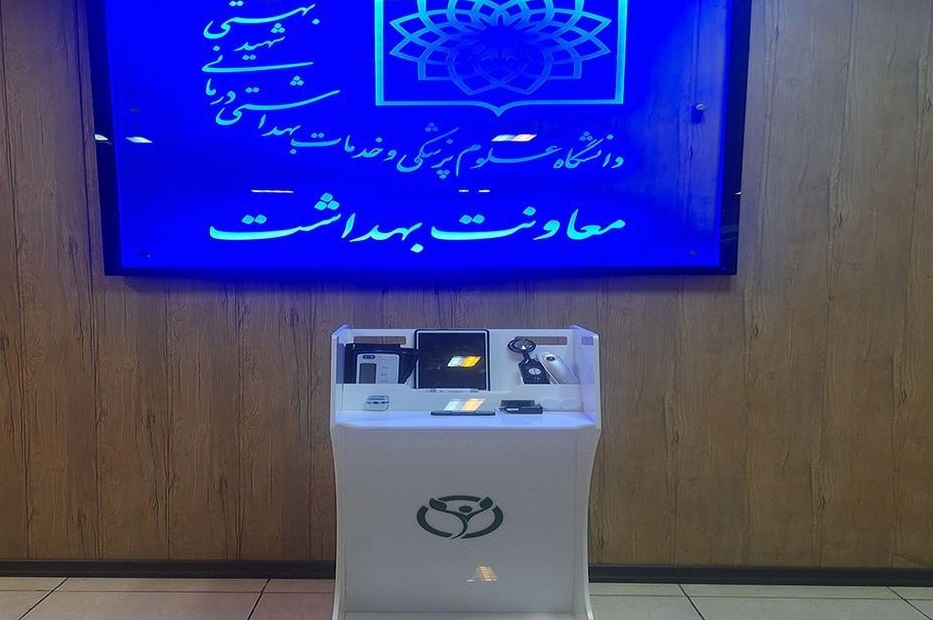
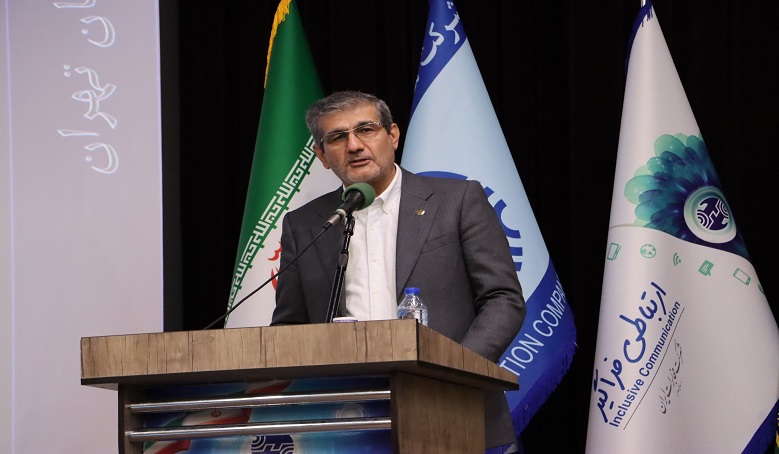
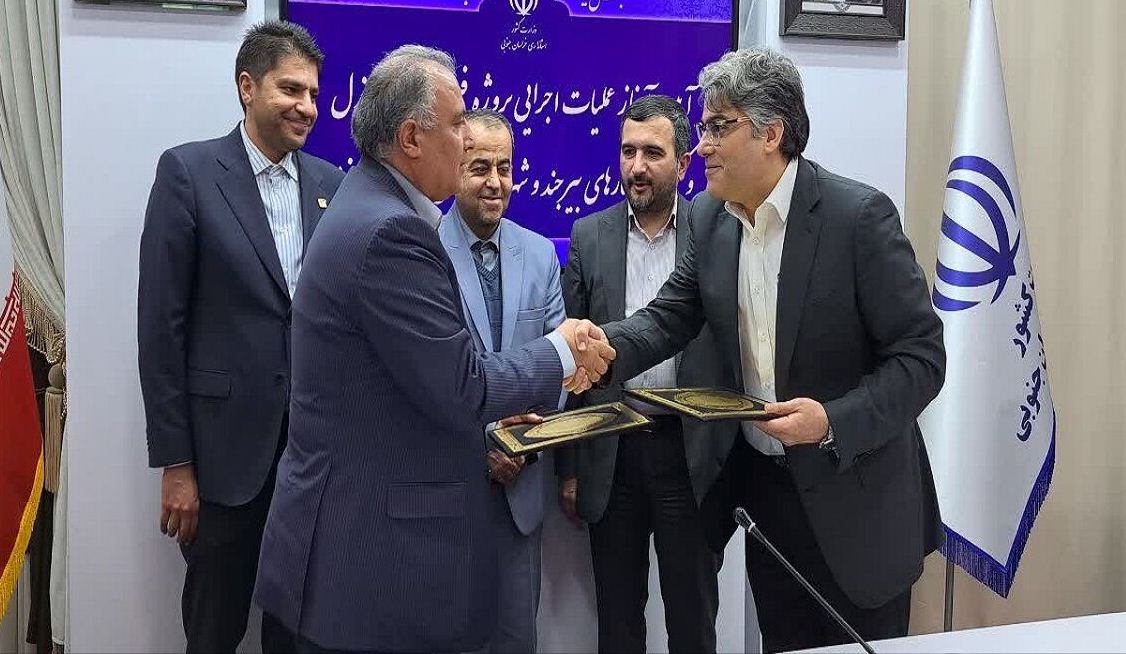
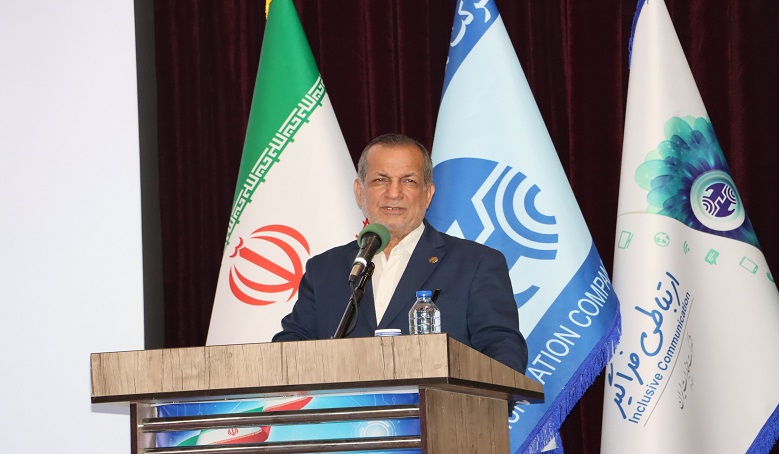

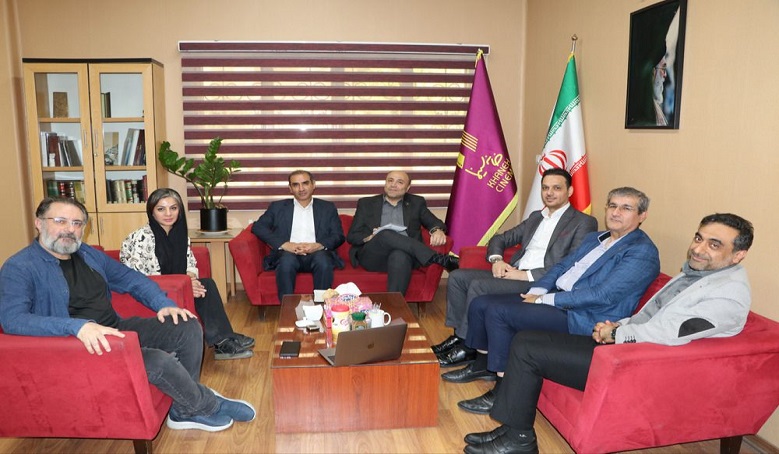




نظرات : 0